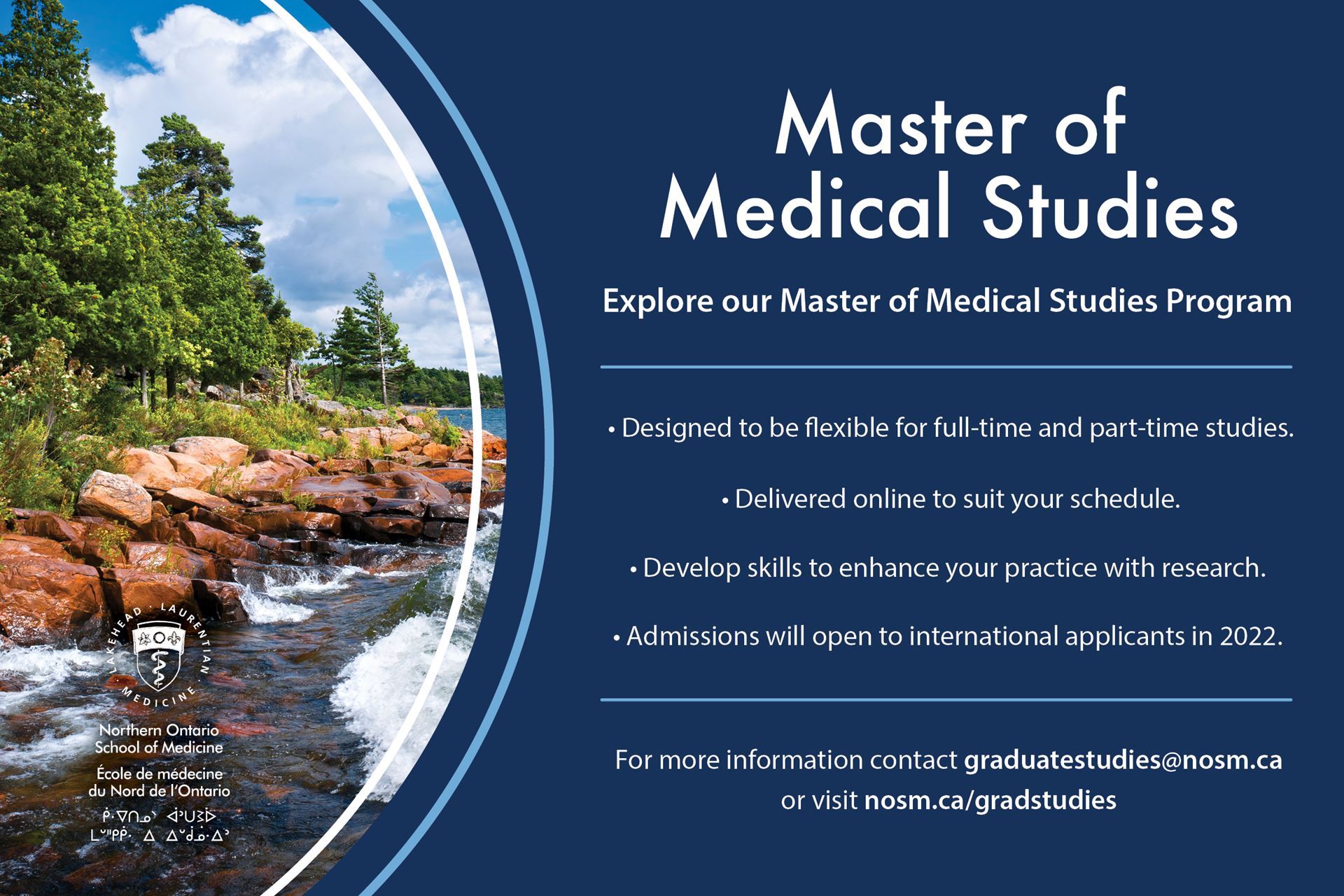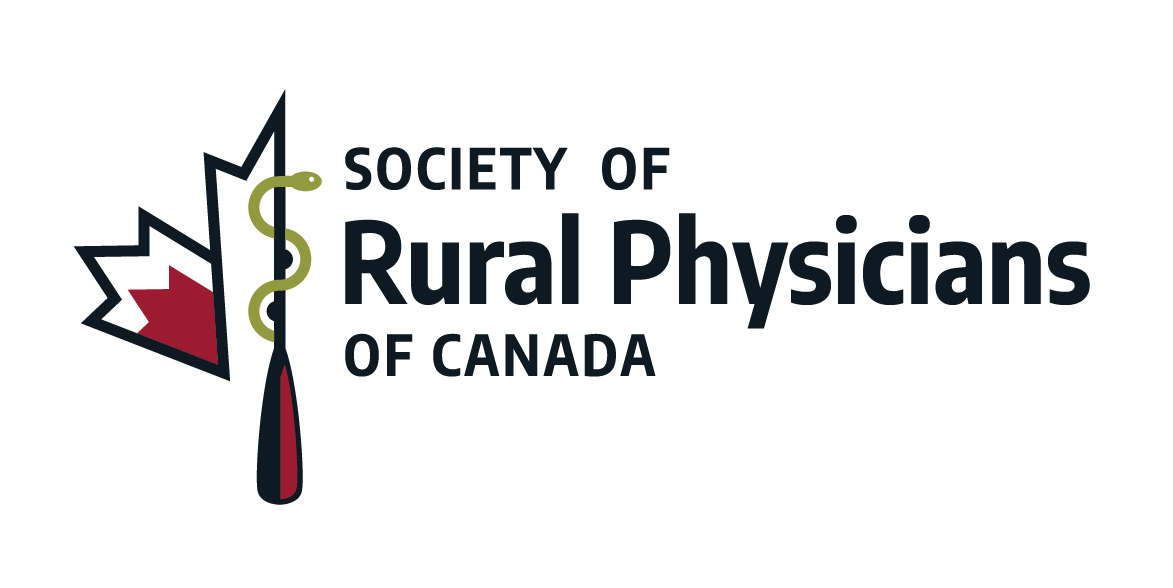Rural Research
The SRPC Research Committee is dedicated to improving the accessibility and awareness of Canadian and International rural health research to SRPC members at any stage in their career. This page outlines important aspects of current rural health research in Canada, including research opportunities, upcoming research events, and highlights of recent publications. If you are hosting or aware of a rural health research event and would like your event added to our calendar, please send us an email. Would you like to promote a Canadian rural health research opportunity? We'd love to hear about it. Please connect with us at srpc.research@gmail.com Research Opportunities
Upcoming research EventsRESEARCH FEATURE
Check out past Research Features: Past Research Features.pdf Editors: Erik Loewen Freisen and Jessica Kainth Canadian institutes focusing on rural health researchCanadian Institute for Health Information“deliver[s] comparable and actionable information to accelerate improvements in health care, health system performance and population health across the continuum of care.” Centre for Rural Health Research“The Centre for Rural Health Research emerged in response to the need for an evidence base to inform the policy and planning of health services for rural residents of British Columbia, with a focus on maternity care.” Centre for Rural Health Studies, Faculty of Medicine, Memorial University of Newfoundlandhttps://www.med.mun.ca/phru/crhs.aspx “The CRHS directs, supports, and participates in local, provincial, and national research teams that aim to improve the accessibility and quality of primary healthcare for rural residents. Its 6for6 is a longitudinal faculty development program in research skills for rural physicians” British Columbia Academic Health Science Network“…initiated by the BC Ministry of Health as a strategic opportunity and a path to enable and embed research, teaching, and ongoing professional support across the continuum of health services in BC.” Labrador Institutehttps://www.mun.ca/labradorinstitute/research/ “The Labrador Institute of Memorial University is a leading centre of research, education, policy, and outreach by and for the North.” Rural Coordination Centre of BChttps://rccbc.ca/rccbc-initiatives/rural-health-services-support-initiativesnetworks/ “RCCbc supports rural healthcare by working directly with providers to improve service delivery to marginalized populations and communities in need.” Population Health Unit, Northern Saskatchewanhttps://www.populationhealthunit.ca/health_monitoring_and_research.html “The Population Health Unit monitors the health and living circumstances of the people of northern Saskatchewan. This includes changes in population and community characteristics, determinants of health, health service utilization, and the health status and well-being of northern Saskatchewan residents.” Sioux Lookout First Nations Health Authority“SLFNHA supports research and special projects that are relevant, meaningful and beneficial to First Nations in the Sioux Lookout area.” Statistics Canadahttps://www.statcan.gc.ca/eng/start “Statistics Canada is the national statistical office. The agency ensures Canadians have the key information on Canada's economy, society and environment that they require to function effectively as citizens and decision makers.” The Centre for Rural and Northern Health Research“CRaNHR is an academic and applied research centre at Laurentian University in Sudbury, Ontario. CRaNHR's mandate is to conduct interdisciplinary research on rural health with a view to improving health services, access to health care, particularly in rural and northern communities, and enhancing our understanding of the health care system.” Do you have suggestions for how this webpage could be improved? We'd love to hear from you. |


